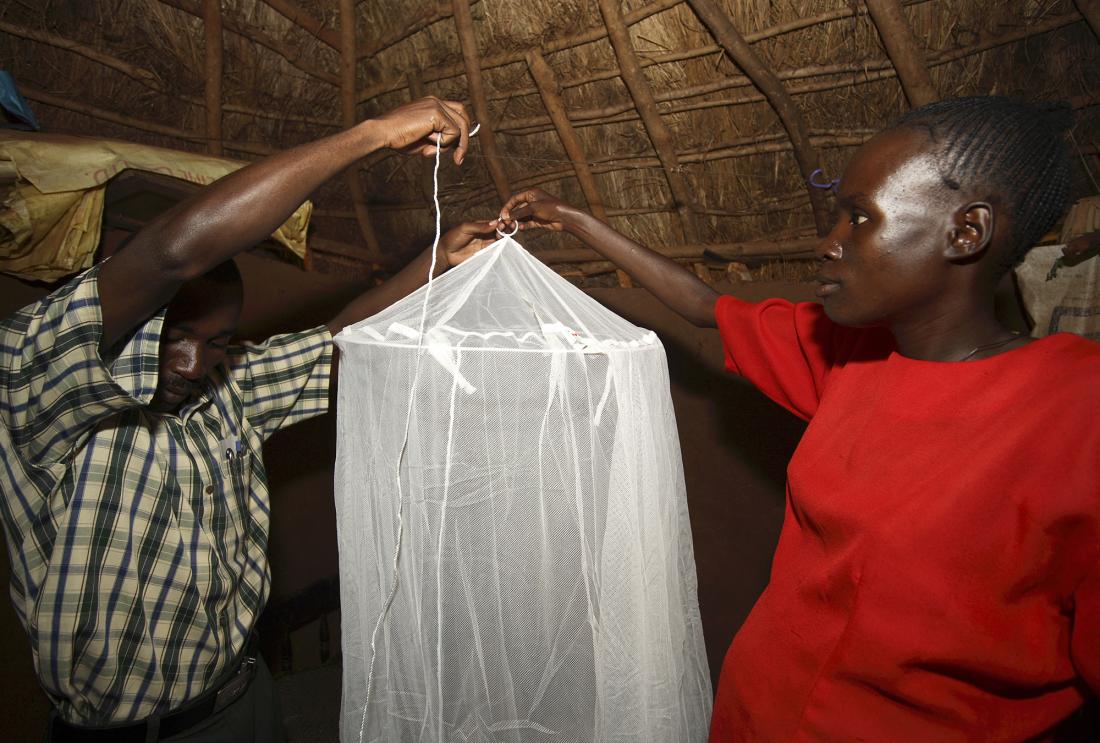Impact of Malaria Education on the Health of Microfinance Clients
- Women and girls
- Communicable diseases
- HIV/AIDS
- Malaria
- Sexual and reproductive health
- Women’s/girls’ decision-making
- Gender attitudes and norms
- Social cohesion
- Credit
- Preventive health
- Training
Policy issue
Just as illness can keep a person from working or going to school, it can also cause microfinance recipients to fall back or default on loan payments. In some cases loan defaults are linked to illness, which consumes available cash and makes the victim unable to work. Community organizations and policy makers have therefore proposed including health education alongside microfinance services. As a complement to microfinance services, health education could potentially increase repayment rates for the microfinance institution (MFI), while also improving the lives of clients. Health education increases costs for MFIs, who must direct resources towards training loan officers as educators, and increase the time that loan officers spend at each village banking meeting where training is given. There is potential for benefit on measures of both health and microfinance outcomes, but if the additional trainings are ineffective, they could be drawing away an MFI’s resources away from its core activities.
Context of the evaluation
Located in West Africa, Benin’s economy is based primarily on agriculture and regional trade. The rural population in Benin suffers from very poor health. Although insecticide treated bed nets – a proven defense against malaria contraction - are provided free of of charge, 22 percent of deaths in children under 5 are nonetheless attributed to malaria.1

Details of the intervention
In 2006, Freedom from Hunger launched the Microfinance and Health Protection (MAHP) initiative in rural Benin to help local MFI partners create and sustain key health services that complement their credit offering. This evaluation seeks to test the impact of providing credit with education on health and microfinance indicators, as well as the impact of combining education with the provision of health care products, and the specific aspects of the solidarity lending design.
Results and policy lessons
Results forthcoming.

